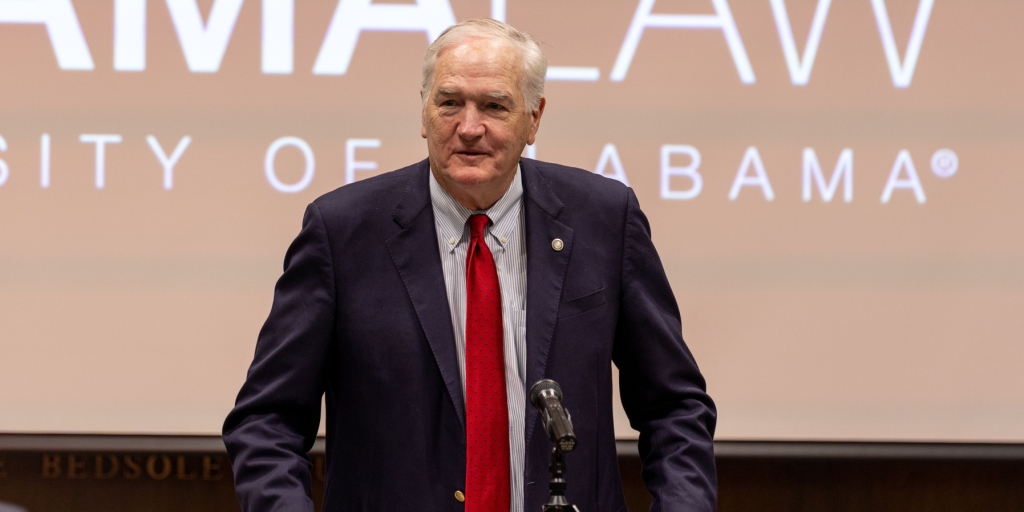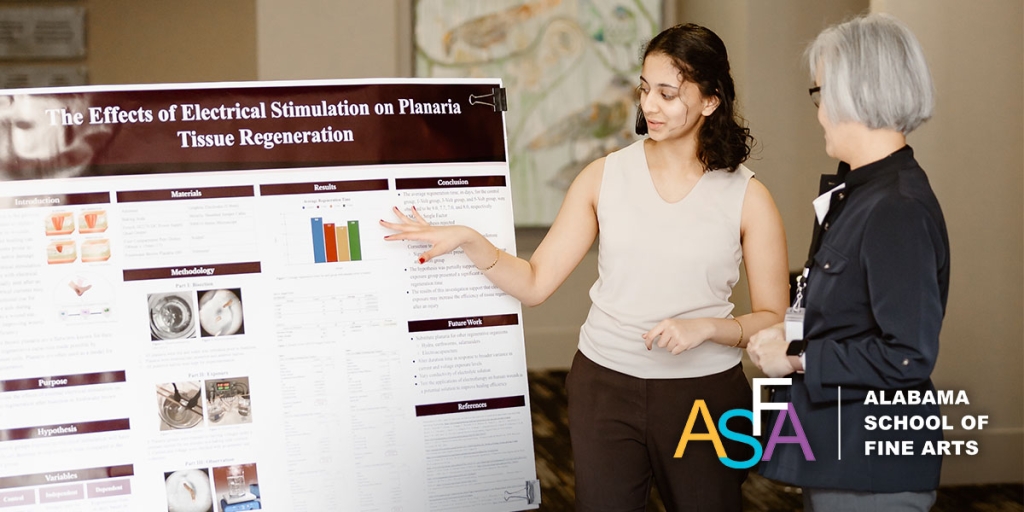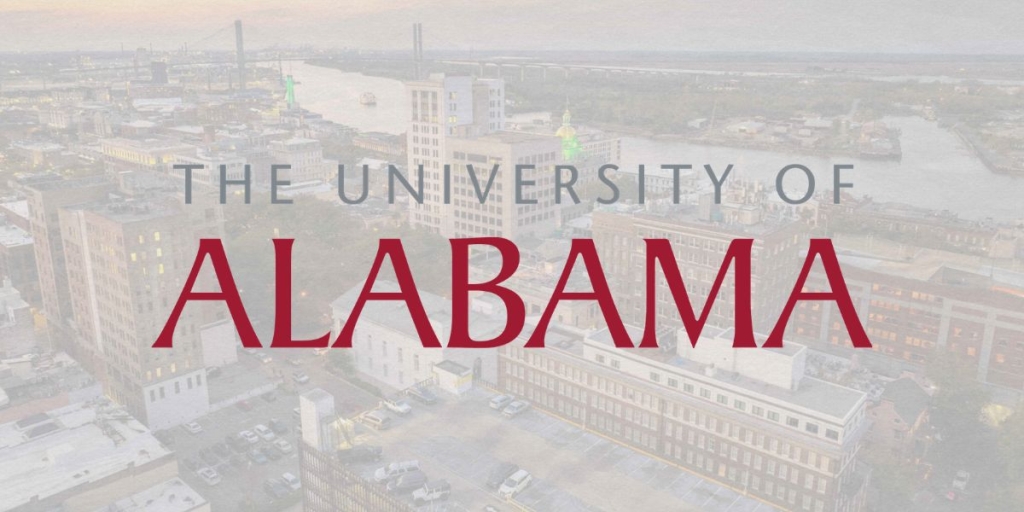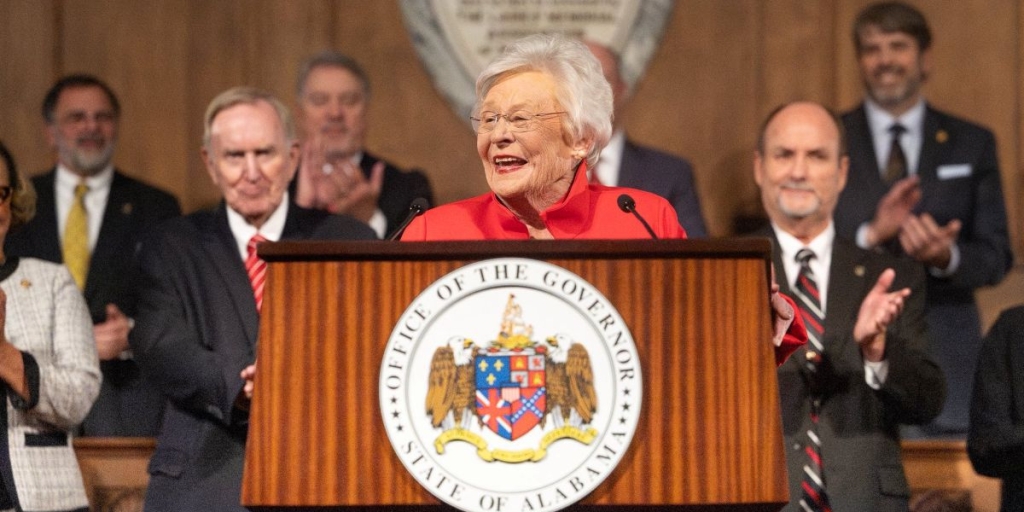The University of Alabama Ethics Bowl faculty advisor and a scholar of privacy rights may seem like unlikely advocates for the use of generative AI in the classroom.
Dr. Lawrence Cappello, an associate professor in the Department of History and Dr. Katherine Chiou, an assistant professor in the Department of Anthropology, co-founded the AI Teaching Enhancement Initiative at The University of Alabama in 2023. When they first began discussing what generative AI meant for the profession, they focused first on defending against unethical AI use.
“We came to AI with a skeptical point of view,” said Cappello. “We are not AI evangelists.”
The Post-pandemic Classroom
Cappello and Chiou met after they both won UA’s Outstanding Commitment to Teaching Award. They found that, like many of the people in the room, they were struggling with student engagement post-pandemic.

“We were in a room filled with people who care deeply about teaching,” he said. Even the University’s most popular professors, the “freight trains of charisma” with waiting lists for their classes, found the classroom a different place in 2021.
Chiou and Cappello began exchanging classroom ideas over email, things like first-day tips and new techniques. Then ChatGPT hit the mainstream consciousness, and teaching forums were consumed with it.
Early reactions among faculty often focused on predictions of the death of expertise and the robot uprising.
Professors worried about job security, but even more about students in the age of AI. They worried how they could be sure students were learning and whether students would be equipped for the job market under an entirely new set of expectations.
But then teaching forums began trending toward the embracing of AI, with uses like integrating multimedia or even middle-aged professors rewriting their lectures so the jokes land. These were not people looking for shortcuts, but educators ready to adapt and meet their students’ needs.
Chiou and Cappello predicted other faculty would also be seeking guidance on the new technology. With an SEC travel grant, the pair visited three SEC schools that were early adopters of AI in the classroom and learned everything they could in two-day trips packed with demonstrations and meetings.
Proactive, not Reactive
“As we visited other campuses, I noticed that some of the people I expected to reject AI, like people in humanities and arts, were fully embracing it. They were seeing opportunities to work in conjunction with AI to create new works,” Chiou said. Seeing optimism from the people generative AI was supposed to hurt the most fueled her desire to be at the front of the AI wave and not dragged along in the undertow.
From there, they developed and pitched their initial AITEI workshop to the administration of the College of Arts and Sciences. They taught the workshop to a full house, taught it again, and then thought about scaling up. When the college gave them permission to expand the scope and offer their workshop to faculty across campus, it filled up in one day.

As experts on ethics and privacy law, Chiou and Cappello still believe we should have a healthy dose of skepticism about generative AI. That has been an asset for working with a range of opinions and expectations from other faculty.
“We understood the negative reactions,” Cappello said. “AI felt almost like an attack on our reason for being. But both of us, I think, prefer to be proactive than reactive.”
The workshops are hands-on in the computer lab, walking faculty through the different programs and how to use prompts. They also spend a lot of time contextualizing AI and its impact on their teaching and learning. Generative AI, the workshops demonstrate, can deliver as much for instructors as for anyone else.
“We show instructors how it might be able to help streamline things so they can actually do the fun tasks of designing courses and designing lesson plans,” Chiou said. “For some people, it has reintroduced joy into teaching.”
In his own assignments, Cappello found that generative AI is exceptionally good at helping him AI-proof his assignments.
2024 Advice for a 2024 World
Students are also looking for guidance from faculty on navigating the era of generative AI.
“Faculty who want to engage with AI in class often get met with student resistance,” said Chiou. “They’ve been told if they touch it at all, they’re cheating.” But an employer might ask them to streamline a process using AI, for example.
Faculty should treat AI like any tech trend in their field of expertise, Cappello said.
“When students do come to you for advising and want to know what they can do with their degree, as educators, we should know how the tech is impacting our field. We want to make sure we’re giving 2024 advice for a 2024 world.”













